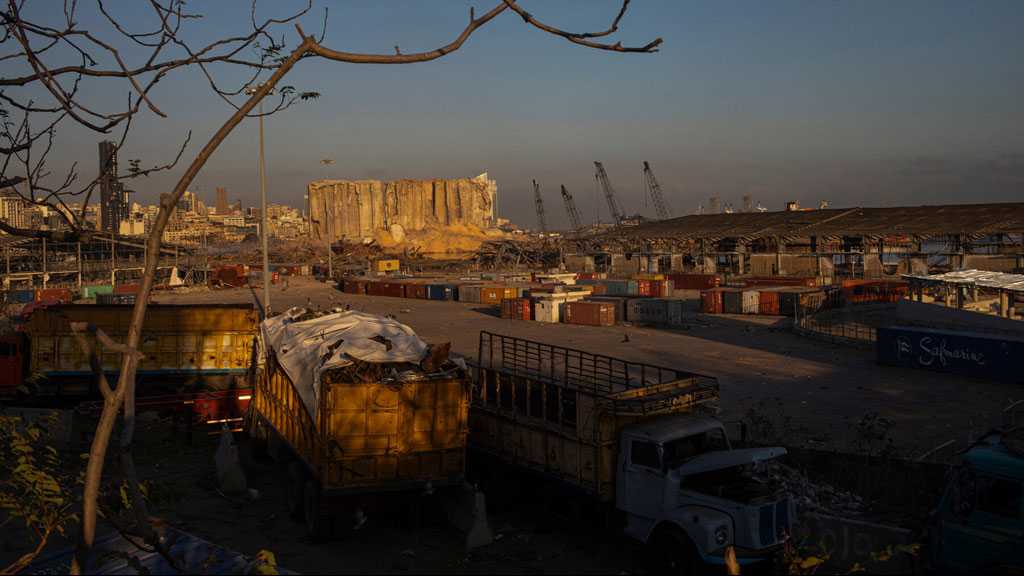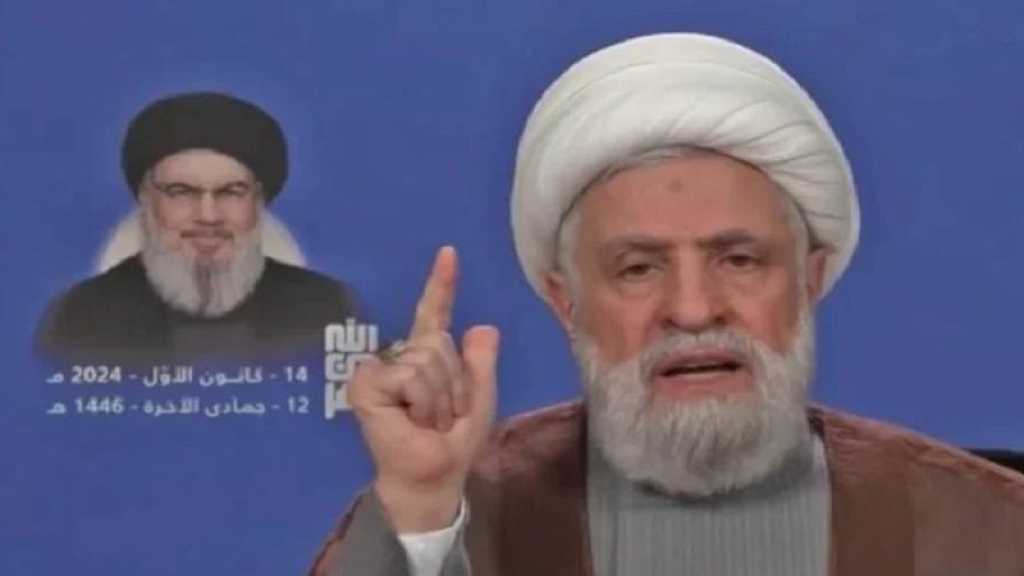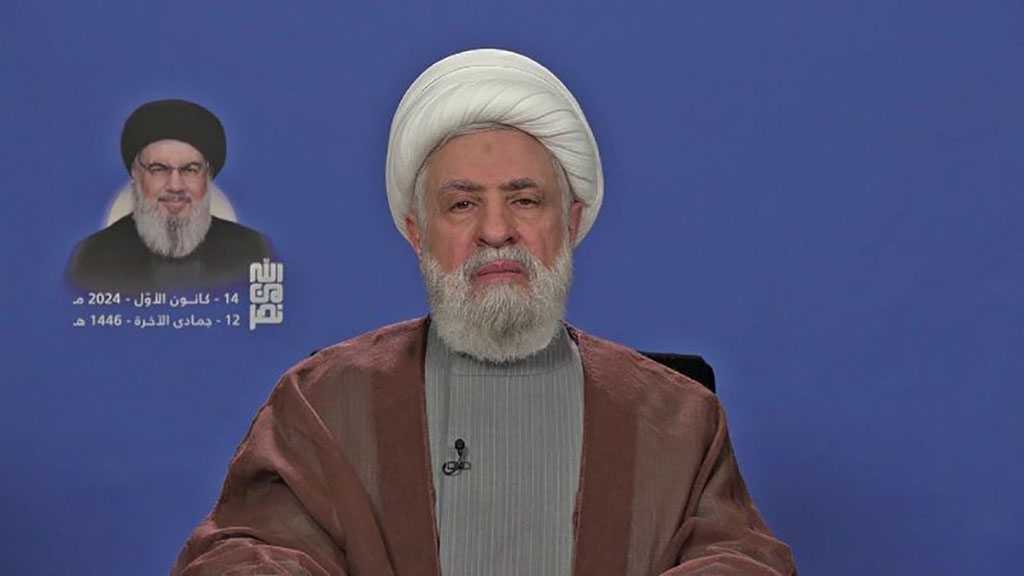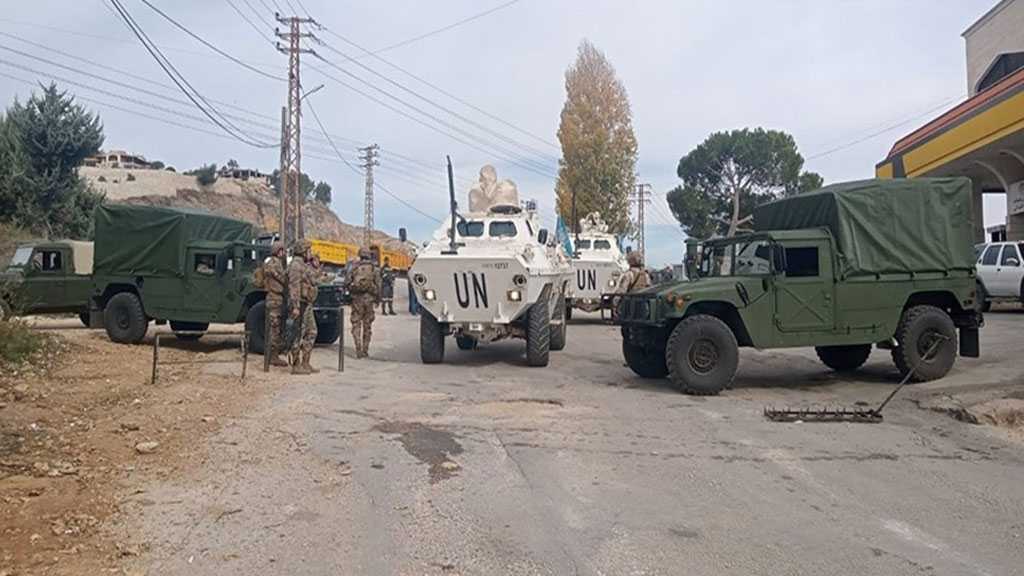NYT: US Contractor Knew of Explosive Material in Beirut Since at Least 2016

By Staff
The New York Times revealed that “An American contractor working with the US Army warned at least four years ago about a large cache of potentially explosive chemicals that was stored in Beirut’s port in unsafe conditions.”
According to a United States diplomatic cable, “The presence of the chemicals was spotted and reported by an American port security expert during a safety inspection of the port.”
The chemicals — 2,750 tons of ammonium nitrate — exploded last Tuesday, Lebanese officials have said, shaking much of Lebanon, damaging buildings across a wide swath of central Beirut, killing more than 150 people and leaving hundreds of thousands homeless.
The blast fueled widespread anger at Lebanon’s political elite and led to the resignation of the government on Monday.
The fact that the United States may have known about the chemicals and warned no one shocked and angered Western diplomats, who lost two colleagues in the blast and saw several others wounded.
A senior State Department official denied that American officials were aware of the contractor’s findings and said the cable cited by the NYT “shows that they had not” been informed.
The official, who spoke on condition of anonymity to discuss a cable that was not public, said the contractor “made an unofficial site visit to the port approximately four years ago, and was not at the time a US government or State Department employee.”
The official said the department had no record of the contractor communicating his findings until last week, after the deadly explosion.
The blast, which registered as a minor earthquake, tore through a number of central Beirut neighborhoods, destroying homes, shutting down three hospitals and leaving streets strewn with shattered glass and downed trees.
When informed by the NYT about the contents of the cable, some expressed surprise and outrage that if the United States had the information, it was not shared.
“If confirmed, it would be very shocking to say the least,” said one Western diplomat whose apartment was damaged in the blast, speaking on the condition of anonymity in accordance with diplomatic protocol.
The diplomatic cable, marked unclassified but sensitive, was issued by the United States Embassy in Lebanon on Friday.
The cable first lists Lebanese officials who knew about ammonium nitrate, a compound commonly used to make fertilizer and bombs, which arrived in Beirut in 2013 and was unloaded into a port hangar the next year.
The cable then says that an American security consultant hired by the US military spotted the chemicals during a safety inspection.
According to the cable, the consultant, under a contract with the US Army, advised the Lebanese Navy from 2013 to 2016. The cable said that the adviser “conveyed that he had conducted a port facility inspection on security measures during which he reported to port officials on the unsafe storage of the ammonium nitrate.”
It is not clear when he conveyed the information; however, several current and former American officials who have worked in the Middle East say that the consultant would normally have conveyed his findings immediately to the American officials who oversaw the contract, in this case the embassy, State Department or Pentagon.
The cause of “the initial fire remains unclear — as does whether fireworks, ammunition or something else stored next to the ammonium nitrate might have been involved,” the cable states.
American officials floated the idea that an ammunition depot may have set off the explosion days after Lebanese officials pressed the fireworks theory and issued multiple denials that ammunition stored near the blast was to blame.
Comments




